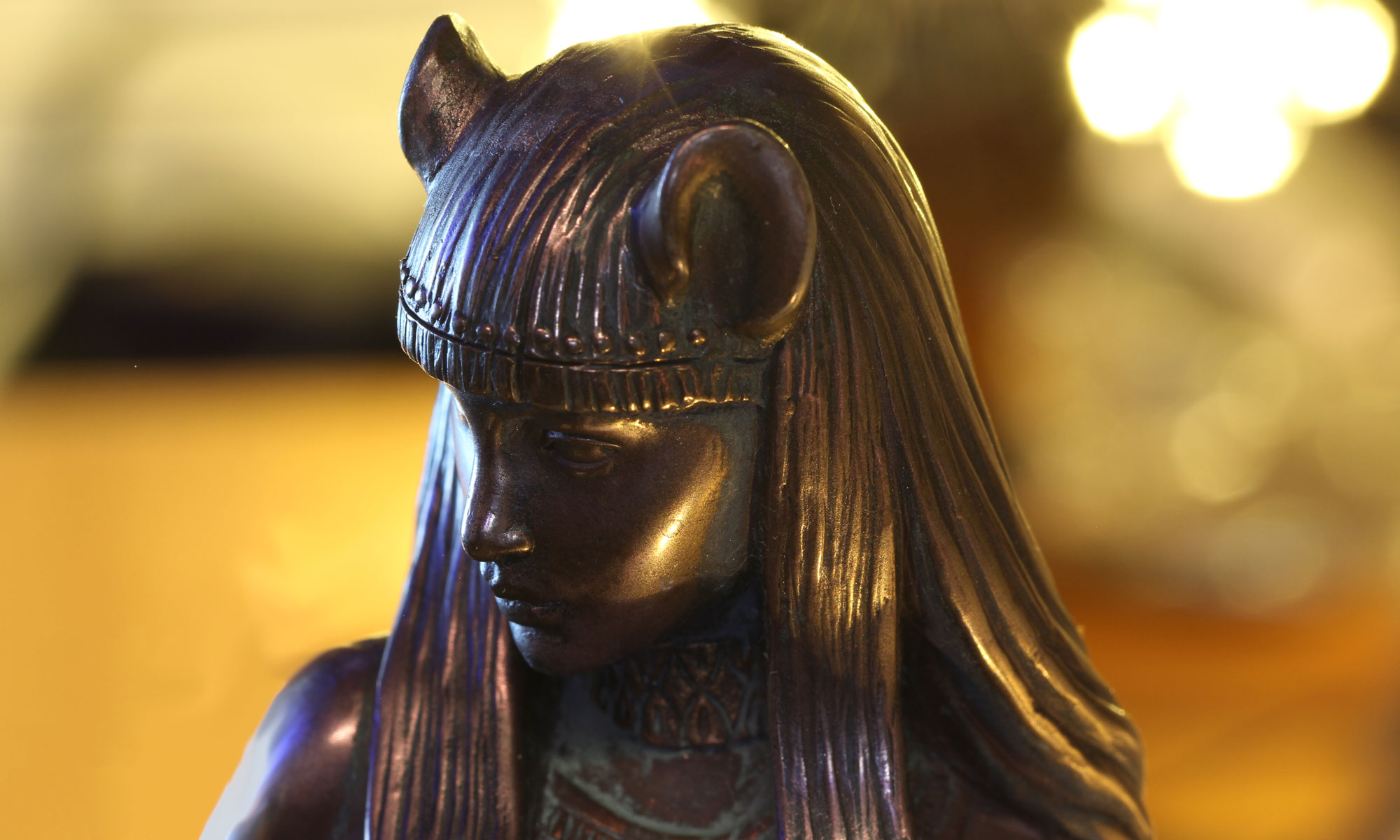Saturday, March 29, 2025, Westward Look Inn, Tucson AZ
2025 Sarasvati Award for Best Nonfiction Book: Oxford University Press for The Woman Who Married the Bear
 The Sarasvati Award ifor best Nonfiction Book in Women and Mythology was announced at ASWM’s 2025 conference. The winner ia Oxford University Press, for The Woman Who Married the Bear: The Spirituality of Ancient Foremothers by Barbara Alice Mann and Kaarina Kailo (2023).
The Sarasvati Award ifor best Nonfiction Book in Women and Mythology was announced at ASWM’s 2025 conference. The winner ia Oxford University Press, for The Woman Who Married the Bear: The Spirituality of Ancient Foremothers by Barbara Alice Mann and Kaarina Kailo (2023).

The award letter reads in part:
The following criteria were used to determine the winner of the award:
1) Communication: We found this book to be engagingly written. The distinctive voices of the authors help to ground readers in the particular narrative traditions they are bringing forward, a call to pay attention to who is talking as well as what is being said. The authors’ fruitful collaboration brings to the text the deep knowledge from indigenous peoples of the far north in both North America and Europe in language that can be understood by both specialists and non-specialists.
2) Conceptual Framework: This book advances the field of feminist mythological/Goddess studies, presenting both scholarly information and wonderful images to the reader. The authors do an excellent job of bringing ancient stories to light within a framework that demonstrates changes in beliefs and practices governing the relations between humans and nonhumans in ways that are relevant to how we understand the current ecological crisis we face on the planet. The many wonderful photos and drawings support the argument and enhance the reader’s understanding of the conceptual framework.
3) Originality: The research in this book offers a new perspective, bringing forward into the conversation a pieced-together cosmology surrounding the figure of the woman who married the bear, mostly unknown outside of a few sources. The authors challenge existing linear interpretations of patriarchy and hierarchy as they demonstrate the relevance of gift economies in the past and the present.
4) Global, Ethical, and Social Awareness: The careful research exemplifies ethical use of Traditional Ecological Knowledge. Mann and Kailo are deeply respectful of their sources, and readers gain access to new ideas that reimagine what “we” know about ancient societies in the far north. The book also provides a profound case for the importance of re-thinking the relation between the human and other-than-human for the survival of us all.
In short, we strongly believe that this book has great value for interdisciplinary studies of myth and folklore. We strongly recommend it as a resource for faculty, researchers, and general readers.

